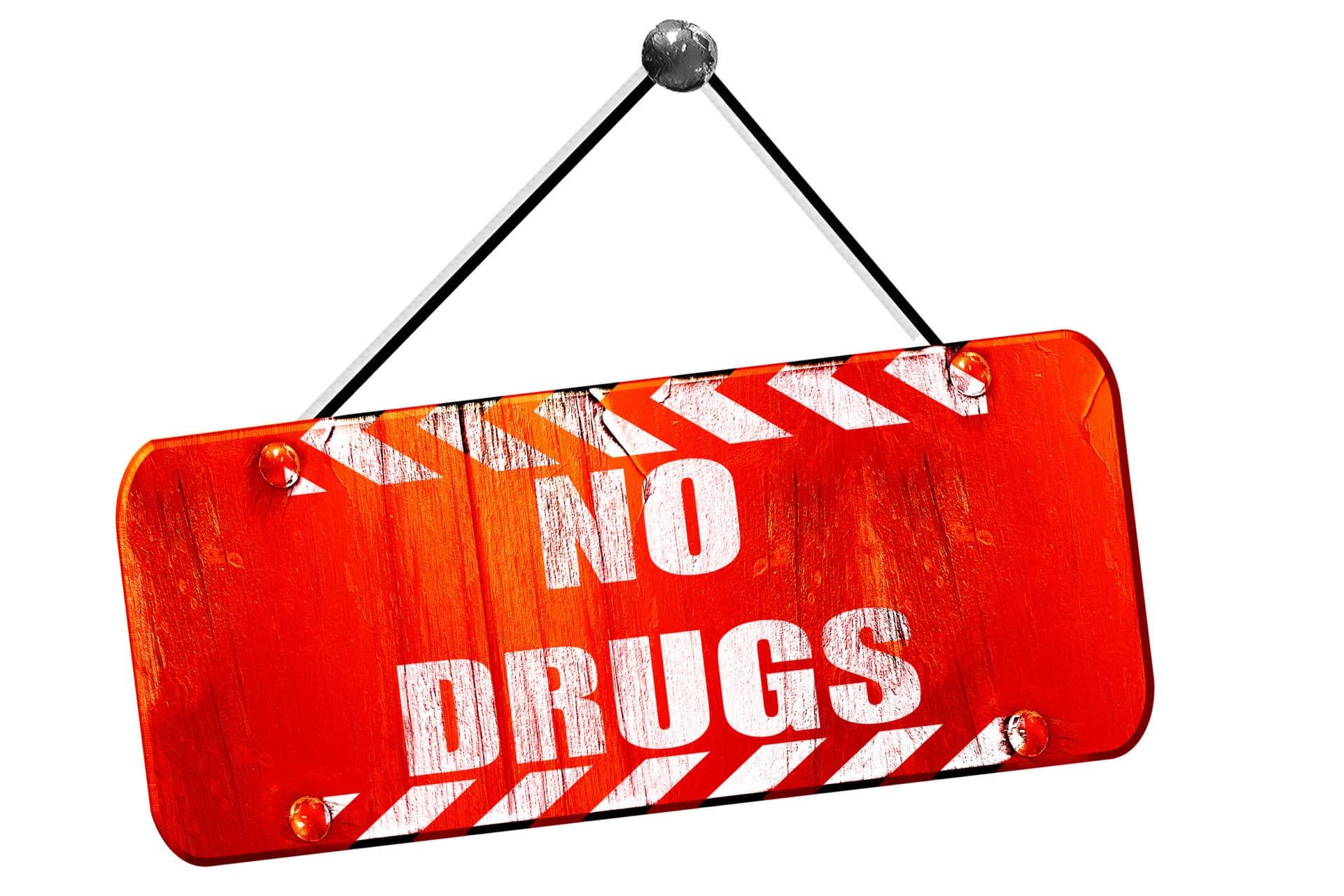FAQs about Probation in Illinois That You Need to Know
Probation is preferable to imprisonment, but if you’re sentenced to probation, you’re still very much under the justice system’s thumb.
This means that it’s very important to understand the basics of probation, and the terms of your specific probation program to avoid a probation violation.
We’ve put together a short FAQ list covering the basics of Illinois probation, common terms you’re likely to face, and what to do if you’re accused of a probation violation.
Are Illinois Probation and Parole the Same Thing?
A: Many people mistakenly believe that probation and parole are the same things. However, probation and parole are two very different processes. Parole supervises former inmates after their release from incarceration, while probation is a sentence in itself.
One thing that probation and parole do have in common, however, is when you violate either one, you’re likely to face serious legal ramifications…including jail time.
What Kind of Probation Conditions Can I Expect in Illinois?
A: Although the specific terms for your probation will depend on the type of program and the circumstances of the offense in question, there are some general probation terms that you can almost always expect to be a part of your probation:
- Reporting to your probation officer: You will be required to report regularly to your probation officer, or PO. Failing to meet your reporting schedule can result in a probation violation. It’s also advisable to show up on time or early – this will keep you on your PO’s good side!
- Paying restitution: Depending on the nature of the offense, you may be required to pay restitution to the crime’s victims.
- Firearm possession: While on probation, you’ll be prohibited from possessing or purchasing firearms or ammunition.
- Drug and alcohol use: In many cases, you’ll be required to abstain from drug and alcohol use while on probation, and will be subject to random testing.
- Travel restrictions: While on probation, you are prohibited from leaving the state. You must notify your PO of any travel plans in advance, and obtain prior permission.
- Obeying all laws: Most people know that they must avoid breaking the law while on probation. However, this also applies to petty offenses such as traffic violations.
In addition to these general probation terms, you may be subject to additional terms specific to the type of offense.
Will My Judge Consider Special Needs When Assigning Probation?
A: Yes. In fact, the state of Illinois offers several types of probation supervision. They are tailored to the type of offense in question, but also the specific needs of the defendant (for example, mental health conditions).
Common types of Illinois probation include:
- Intensive probation supervision
- Intensive drug program
- Sex offender program
- Mental health unit
- Gang unit
- Domestic violence probation supervision
What Are Some Examples of Program-Specific Terms?
A: The court has wide discretion regarding the specific terms of your probation, but there are a number of terms commonly associated with each.
For instance, probationers will most likely be subject to random drug testing if assigned to probation under the drug program.

Likewise, the domestic violence program typically includes counseling and anger management programs for domestic violence offenders.
If you have questions regarding your specific needs or feel that your personal rights have been violated because your needs have gone unmet, contact an experienced Illinois defense attorney for more information.
What Happens If I Violate My Illinois Probation?
A: If you violate the terms of your probation, you may be hit with a charge of probation violation. The consequences for a probation violation can range from a simple written warning to serving the duration of your sentence behind bars.
Ultimately, it depends on the nature of the alleged violation and any past history of violations. Any Illinois probation violation is a threat to your freedom, however, and quick and decisive action is necessary to ensure the best possible outcome.
About the Author:
Andrew M. Weisberg is a former felony prosecutor who now serves as a defense attorney in the greater Chicago area. He has extensive experience in handling all types of criminal cases, from sex offenses and domestic violence to retail theft-related crimes, murder, and drug crimes.







 Blog Home
Blog Home 










